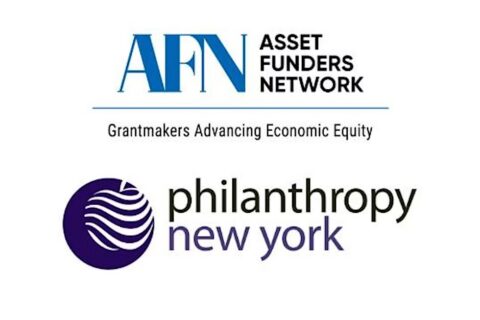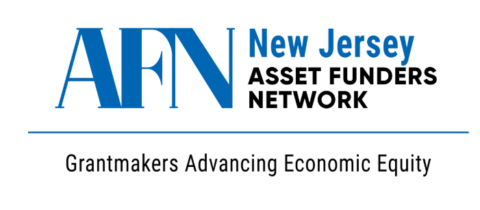Cannabis, Communities and Real-World Reparations: What Funders Need to Know about How It’s Playing Out
The State of New York is engaged in a social justice experiment with cannabis licensing unlike any other in the nation. It’s not going exactly as planned.
The Marijuana Regulation and Tax Act became law in New York in 2021, setting forth a regulatory approach for development of an adult-use cannabis industry that prioritized the greatest possible participation by communities most impacted by prohibition alongside other provisions to advance social justice, public health and safety, and economic development. In December 2022, the first retail dispensary was officially opened by a non-profit social enterprise, Housing Works—one of eight qualifying nonprofits to receive the first dispensary licenses. Another 28 dispensary licenses were issued to “justice-involved” individuals, with more to be issued in the coming year, giving people affected by racially disparate cannabis-related convictions in New York State the “first opportunity” to establish businesses in the emerging market.
But activists steeped in equity issues have quickly surmised that there is a very large gap between the lofty intentions of New York’s cannabis legislation and the resources necessary to give justice-impacted communities a fair shake at exercising leadership in an industry being built from the ground up in our state. This panel discussion will explore the needs of individuals and communities seeking to participate in cannabis production and sales – including technical assistance, mentoring and investment capital – as well as the as-yet unfulfilled promises of government support for specific communities that could be left on the sidelines as out-of-state “Big Weed” fights to enter the market.
Funders focused on social justice issues and workforce development will come away with actionable information on key areas for progress and increased connections with other funders and nonprofits working in this area. Funders outside of New York, especially those in states considering cannabis reforms that place social justice as a top priority, will have more information about the resources necessary to truly provide justice-affected communities a realistic shot at full participation in a fast-evolving, highly competitive marketplace.
What will you learn?
How cannabis decriminalization can be a practical means of reparations in New York for communities hurt by mass incarceration
How upcoming policies and implementation challenges can stand in the way of communities realizing their opportunities
Where funders in the racial/economic justice and workforce development space have an opportunity to make an impact in this area
How funders can utilize their resources in innovative/alternative ways that are beyond grantmaking, such as capital and other investments that benefit local work
Speakers
Dasheeda Dawson, Founding Director, Cannabis NYC
Pilar DeJesus, Veteran Justice-Impacted Community Organizer
Rickke Mananzala, Executive Director, New York Foundation
Kavita Pawria-Sanchez, CEO, CannaBronx
Mo George (Moderator), Program Officer, Open Society Foundations
Greater New York AFN is co-sponsoring this event with Philanthropy New York. For more information, please visit the event webpage.


